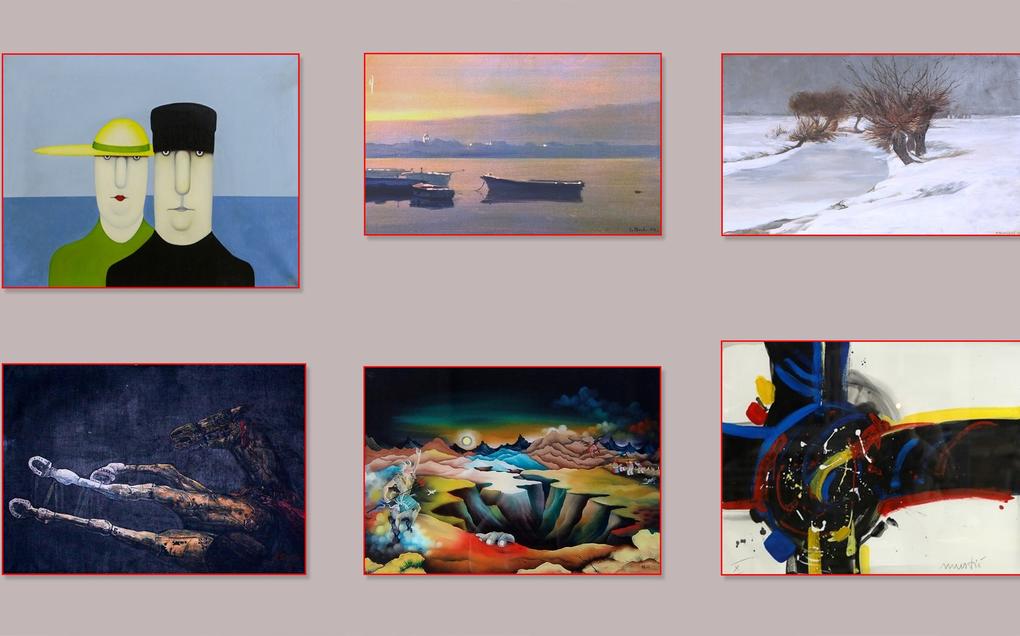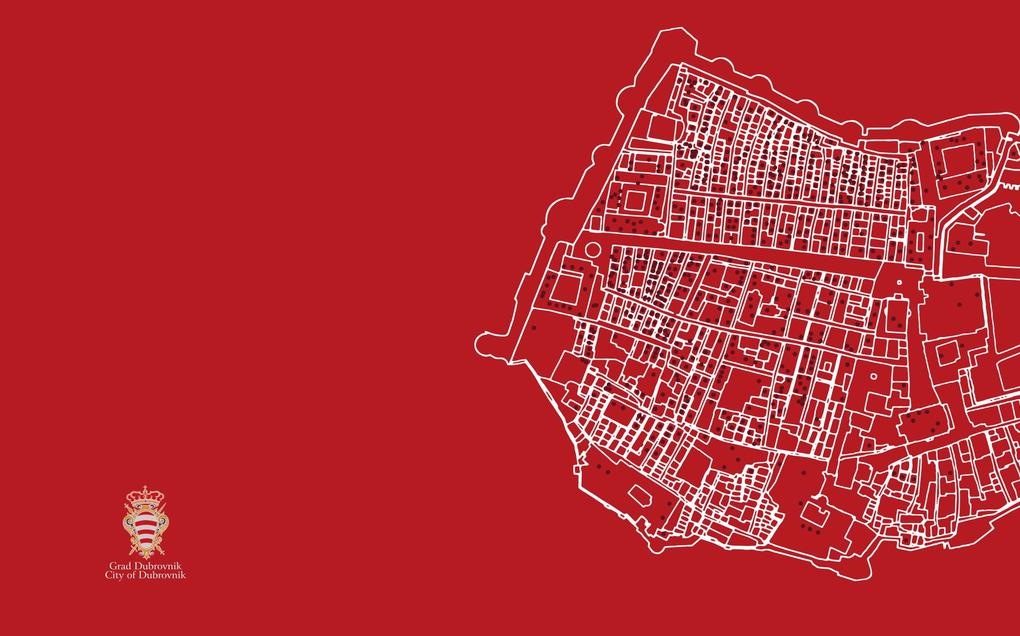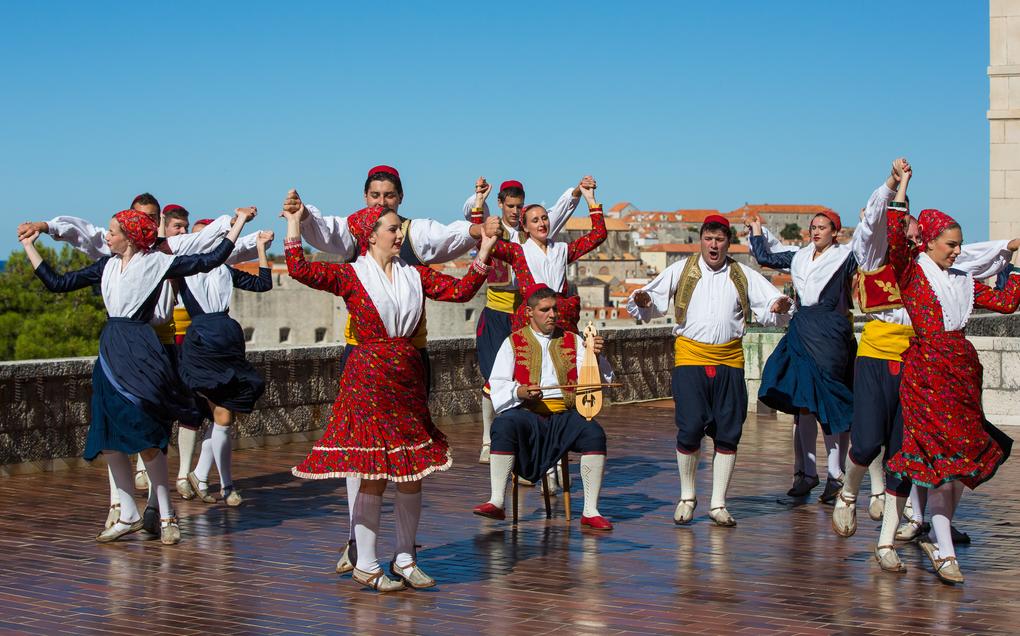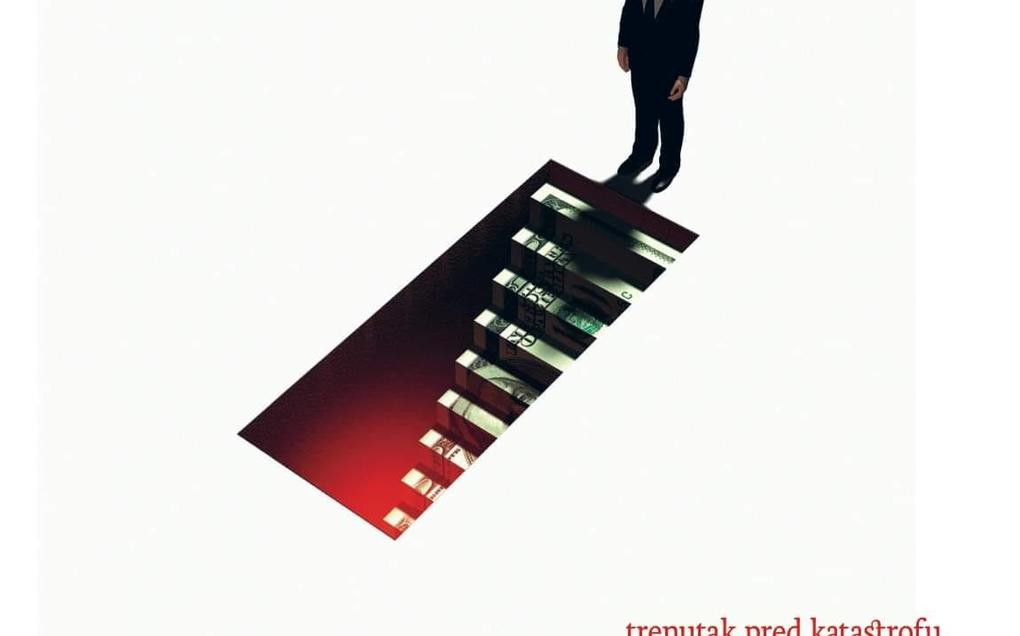Alternative biographies
Elena Pucić-Sorkočević
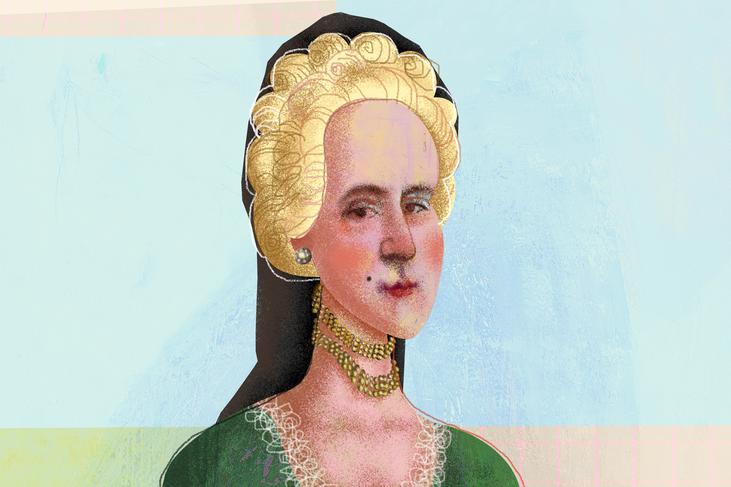
Photo gallery
When she was 29 years old she married Nikola Pozza-Sorgo, member of the elite circle of Dubrovnik intellectuals. Besides Croatian and Italian, she was well-versed in the Latin language. According to testimonies of her contemporaries she was “the quintessential Dubrovnik lady,” a woman of sophisticated elegance and creative spirit. Besides the fact that her peers spoke of her as a woman of exceptional erudition, she also excelled in playing the piano; she owned sheet music of virtuoso piano concerts and chamber music, arias and duets from contemporary operas. She ordered them from leading European publishers. She composed six vocal and piano compositions, some of which she herself wrote the lyrics for. It is presumed that she played the fortepiano made by the Viennese workshop of master Anton Walter in 1790, which is restored and today kept in the Cultural History Museum in the Rector’s Palace. Her music radiates with the intimacy characteristic of the period of Romanticism.
For most of her life, Jelena’s husband Nikola was absent. He died in poverty, far from Jelena, in a diplomatic mission in Vienna, where he stayed even after the fall of the Republic. Of their five children, only two survived. Because of taxes imposed by the occupying powers, which devastated Dubrovnik at the time, Nikola lost his substantial property. He refused to declare bankruptcy in order to preserve his honour. The family was forced to sell all their wealth: silver, jewellery and many estates. Jelena remained dignified in the face of her family tragedy, and music was her only way out of darkness caused by the fall of the once famous and powerful Dubrovnik Republic. She was immortalized in her dignity in many literary works as a model worthy of admiration and respect. The Dubrovnik maestro di capella Tomaso Resti dedicated one of his vocal and piano arias to her. When he visited her in her home in 1865, Ivan Kukuljević Sakcinski, one of the founders of the Croatian national revival admired and praised this noble woman who was, by then, of advanced age. In one of his poems written on the occasion of Jelena’s wedding, Urban Appendini said: “Muses took her under their wing and bestowed her with rhymes sweeter than honey.” She also had contacts with the leader of the Croatian national revival, Ljudevit Gaj. Namely, she inherited the only copy of the collection of poetry by the renowned Renaissance poet Dinko Ranjina, her ancestor. Jelena’s son, enthralled by revival ideas, loaned the rare copy, first printed in Florence in 1563, to Gaj in Vienna. Years went by and the book had not been returned. This was why Jelena sent a sharp letter to Gaj’s associate and demanded her family heirloom be returned.



